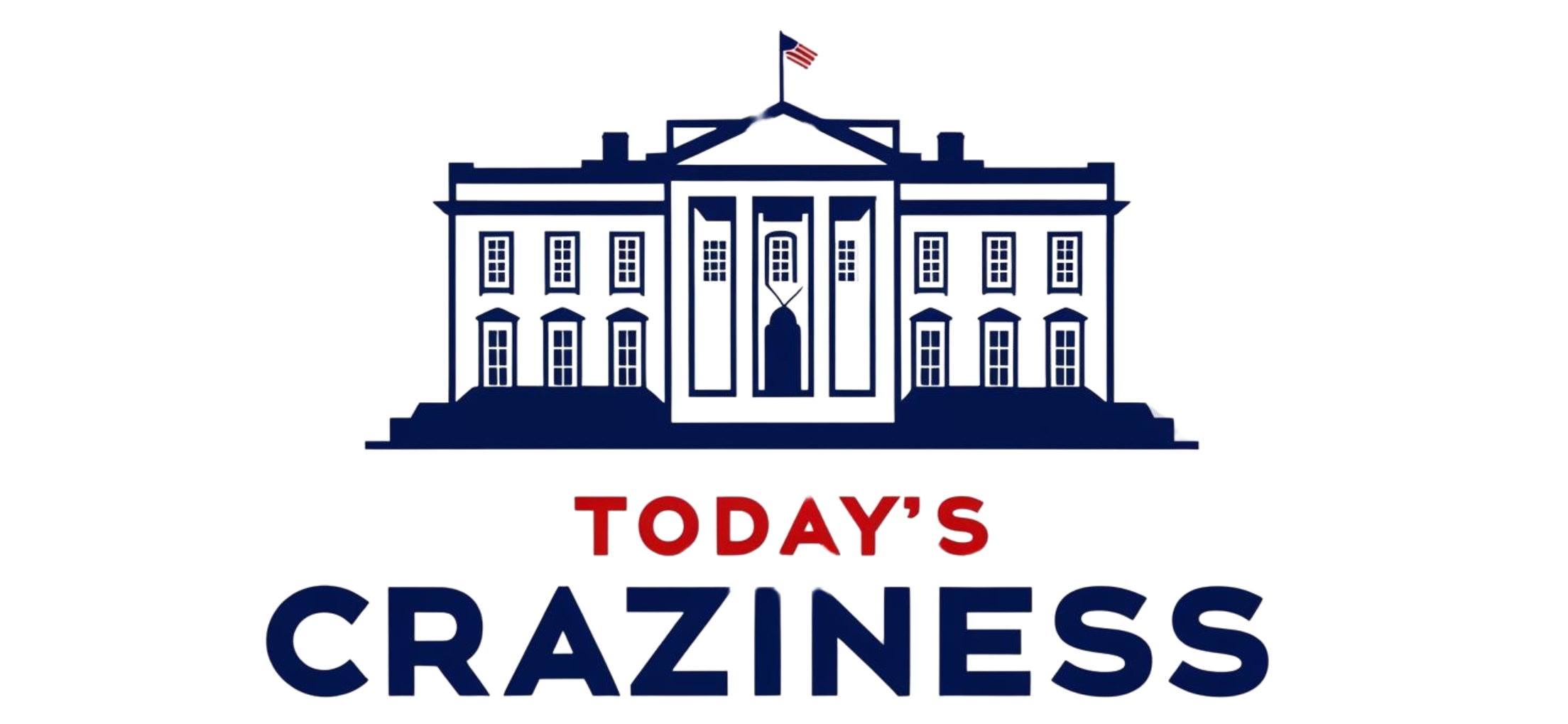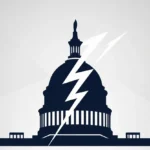President Trump’s executive order to dismantle the Department of Education reshapes federal oversight, sparking fierce reactions in the House. Republicans accelerate legislative backing, while Democrats warn of legal battles, chaos in educational funding, and widespread harm to students, signaling immediate and lasting impacts on U.S. education policy.
Today, March 20, 2025, the House of Representatives actively engaged in critical oversight and leadership reactions, particularly responding to President Trump’s executive order to dismantle the Department of Education. House committees also initiated investigations into “swatting” attacks targeting conservative figures, setting the stage for significant legislative activity in the coming weeks.
🟢 Leadership Statements & Public Engagements
Congressman Vicente Gonzalez Condemns Trump’s Executive Order
🔑 Key Takeaways:
- Congressman Vicente Gonzalez publicly opposed President Trump’s executive order to abolish the U.S. Department of Education.
- Gonzalez highlighted potential negative impacts on students, educators, and families, emphasizing educational equity.
- Immediate implications include uncertainty for federal education programs; longer-term consequences could involve legal battles.
- This stance underscores partisan divisions regarding educational policy at the federal level.
📄 Summary: On March 20, 2025, Congressman Vicente Gonzalez sharply criticized President Trump’s executive order aimed at dismantling the Department of Education, calling the decision reckless and damaging to students and teachers nationwide. Gonzalez argued that eliminating the Department would drastically reduce educational equity and hinder access to federal resources crucial for disadvantaged communities. The executive order, part of Trump’s broader government restructuring initiative, is expected to trigger significant pushback from congressional Democrats, possibly resulting in court challenges. Gonzalez’s statement highlights a broader political fight emerging around education reform and federal oversight of education policy.
📜 Bibliography Requirements:
- Timestamp: March 20, 2025
- Direct Link: https://gonzalez.house.gov/media/press-releases/congressman-gonzalez-statement-president-trumps-executive-order-abolishing-us
- Verification Statement: These sources were verified as published on March 20, 2025.
Chair Tim Walberg Supports Trump’s Education Department Order
🔑 Key Takeaways:
- Chair Tim Walberg supported President Trump’s executive order to dismantle the Department of Education.
- Walberg argues this action returns educational authority to local communities and parents.
- Immediate impact includes restructuring federal education responsibilities, potential state empowerment, and possible short-term confusion in education policy.
- Long-term consequences might reshape federal-state educational relationships, possibly weakening federal mandates.
📄 Summary: Chair Tim Walberg of the House Education and the Workforce Committee praised President Trump’s executive order to eliminate the Department of Education, stating the move would significantly empower local schools and parents. Walberg emphasized the Republican position that education decisions are best managed locally rather than federally. His support aligns with a longstanding conservative goal of reducing federal government size and oversight. This significant policy shift may lead to a reevaluation of federal educational funding mechanisms and regulations. The controversial nature of this order foreshadows extensive legislative and judicial debates about the federal role in education.
📜 Bibliography Requirements:
- Timestamp: March 20, 2025
- Direct Link: https://edworkforce.house.gov/news/documentsingle.aspx?DocumentID=412264
- Verification Statement: These sources were verified as published on March 20, 2025.
🟢 Oversight & Investigations
Congressman Higgins Launches Investigation into Conservative ‘Swatting’ Attacks
🔑 Key Takeaways:
- Congressman Clay Higgins initiated a formal investigation into increasing “swatting” incidents targeting conservative individuals.
- The probe is examining potential political motivations and law enforcement responses.
- The investigation could lead to stricter legislation on false emergency calls and expanded protective measures for public figures.
- It underscores broader concerns about political intimidation and public safety, potentially heightening partisan tensions.
📄 Summary: Congressman Clay Higgins announced on March 20, 2025, the launch of a comprehensive investigation into rising “swatting” attacks against conservative figures, citing concerns about politically motivated violence and harassment. Higgins, serving on the House Oversight Committee, called these incidents dangerous, warning that false emergency calls strain law enforcement resources and endanger lives. This investigation aims to identify patterns, potential culprits, and recommended legislative solutions. In the short term, this action highlights bipartisan concerns over personal security for elected officials, while the long-term implications may influence federal criminal statutes related to political harassment and emergency response protocols.
📜 Bibliography Requirements:
- Timestamp: March 20, 2025
- Direct Link: https://oversight.house.gov/release/higgins-launches-investigation-into-rising-swatting-attacks-on-conservatives/
- Verification Statement: These sources were verified as published on March 20, 2025.
Ranking Members Connolly and Scott Demand Halt to Education Department Dismantling
🔑 Key Takeaways:
- Ranking Members Gerry Connolly and Bobby Scott strongly objected to Trump’s dismantling of the Department of Education, calling it illegal.
- They urged an immediate cessation and warned of potential chaos in federal education programs.
- Possible consequences include significant disruptions in federal education assistance, including student loans and grants.
- Legal implications could include lawsuits, creating extended uncertainty around federal education policy.
📄 Summary: Ranking Members Gerry Connolly and Bobby Scott of the House Oversight and Education Committees jointly demanded the Trump administration halt its attempt to dismantle the Department of Education immediately, characterizing it as illegal and harmful. In a March 20, 2025 statement, they stressed the urgency of preserving critical federal programs supporting millions of students, teachers, and families. Their intervention signals a likely political and judicial battle ahead, highlighting deep partisan divides over the future of education policy. Short-term impacts might include disruptions and uncertainty in funding and regulatory enforcement, while the long-term effects hinge upon court rulings and legislative responses.
📜 Bibliography Requirements:
- Timestamp: March 20, 2025
- Direct Link: https://oversightdemocrats.house.gov/news/press-releases/ranking-members-connolly-and-scott-call-for-an-immediate-halt-to-the-illegal
- Verification Statement: These sources were verified as published on March 20, 2025.
🟢 Legislative Actions & Votes
House Oversight Committee Announces Markup Session on Government Reorganization Bill
🔑 Key Takeaways:
- House Oversight Chair James Comer scheduled a markup session for the “Reorganizing Government Act” for March 25, 2025.
- The legislation seeks broad restructuring of various federal agencies, aligning with recent executive branch actions.
- Potential outcomes include significant reallocation of federal functions, affecting numerous agencies and employees.
- Could lead to contentious debates on federal governance efficiency versus risk of disruption to public services.
📄 Summary: Chairman James Comer of the House Oversight Committee announced a March 25 markup session for the Reorganizing Government Act, designed to align legislative actions with President Trump’s broader initiative to restructure federal agencies, including the controversial dismantling of the Education Department. This legislative move represents a key step toward significant reshaping of the federal bureaucracy. It has drawn both bipartisan interest in government efficiency and partisan concerns over potential chaos in federal programs. The upcoming markup will set the stage for floor debates and possible amendments, indicating a substantial legislative battle ahead.
📜 Bibliography Requirements:
- Timestamp: March 20, 2025
- Direct Link: https://oversight.house.gov/release/comer-announces-full-committee-markup-on-march-25/
- Verification Statement: These sources were verified as published on March 20, 2025.
📜 Bibliography:
- Congressman Gonzalez Statement:
- Timestamp: March 20, 2025, Eastern Time (ET)
- Link: https://gonzalez.house.gov/media/press-releases/congressman-gonzalez-statement-president-trumps-executive-order-abolishing-us
- Chair Walberg Reaction Statement:
- Timestamp: March 20, 2025, Eastern Time (ET)
- Link: https://edworkforce.house.gov/news/documentsingle.aspx?DocumentID=412264
- Higgins Oversight Investigation:
- Timestamp: March 20, 2025, Eastern Time (ET)
- Link: https://oversight.house.gov/release/higgins-launches-investigation-into-rising-swatting-attacks-on-conservatives/
- Connolly and Scott Statement:
- Timestamp: March 20, 2025, Eastern Time (ET)
- Link: https://oversightdemocrats.house.gov/news/press-releases/ranking-members-connolly-and-scott-call-for-an-immediate-halt-to-the-illegal
- House Oversight Committee Markup Announcement:
- Timestamp: March 20, 2025, Eastern Time (ET)
- Link: https://oversight.house.gov/release/comer-announces-full-committee-markup-on-march-25/
Verification statement:
“These sources were verified as published on March 20, 2025, Eastern Time (ET).”



